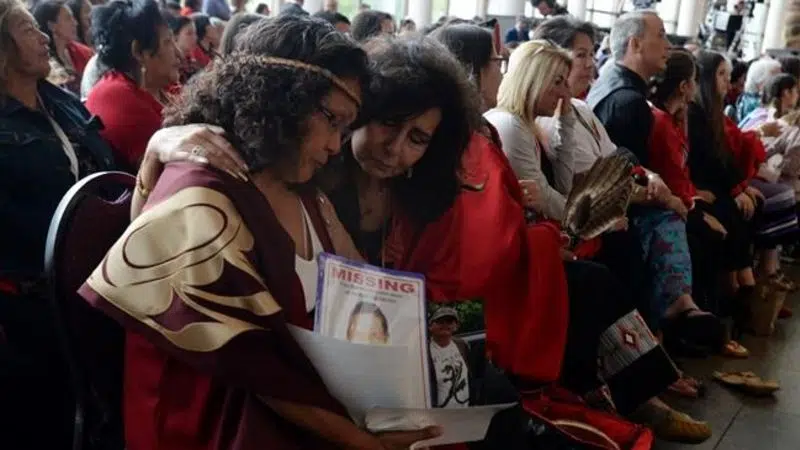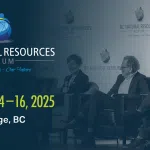
Consider safety of Indigenous women in resource-development projects: MMIWG inquiry
OTTAWA — Amnesty International Canada is supporting the call from the national inquiry into missing and murdered Indigenous women on the “urgent need” to consider the safety of Indigenous women in all stages of resource-extraction projects.
The inquiry, which released its final report on Monday, says it found “substantial evidence of a serious problem” in a link between resource extraction and violence against Indigenous women, girls, and two-spirit, lesbian, gay, bisexual, transgender, queer, questioning, intersex and asexual people.
The report says that industries create “boomtown” and “man-camp” environments implicated in increased rates of drug and alcohol-related offences, sexual offences, domestic violence, and gang violence, as well as sex-industry activities.

